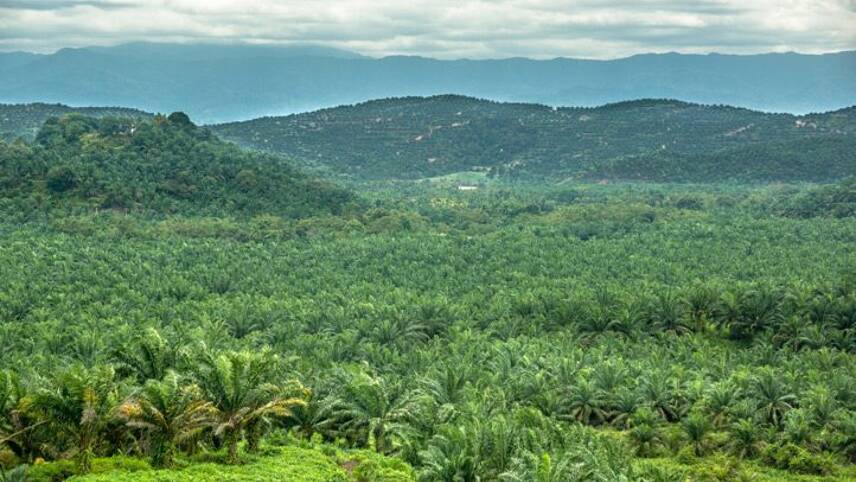Register for free and continue reading
Join our growing army of changemakers and get unlimited access to our premium content

The companies are expected to contribute more than $5m in 2023 to projects supported by the Fund
Developed by US-based firm Orbital Insight, the technology leverages GPS data and satellite images to identify patterns of land use and traffic. In regions where there is a consistent flow of traffic between agricultural land and a mill, the technology will predict the likelihood that a farm or plantation is supplying a mill and, in turn, the possibility of deforestation.
Unilever hopes that the technology can help it overcome challenges around securing the visibility of the “first mile” of commodity journeys. Palm oil and soy are particularly challenging to trace, given that crops are often harvested from many different areas and mixed either at the mill or before reaching it.
The consumer goods giant is already using satellite imagery to monitor farms and plantations across its global supply chains but hopes the new technology could make the identification of potential environmental risks more accurate and rapid. Its current approaches largely rely on drawing a radius around land and identifying mills within that area. Unilever also hopes that the technology will help other companies across the value chains of the commodities it sources.
“Better monitoring helps all of us to understand what’s happening within our supply chains,” Unilever’s chief supply chain officer Marc Engel said.
“By companies coming together and using cutting-edge technology to carefully monitor our forests, we can all get closer to achieving our collective goal of ending deforestation.”
Unilever is no stranger to using innovative technologies for supply chain management, having recently implemented blockchain to tea supply chains in a drive to improve social sustainability.
A pivotal moment for palm oil
Palm oil is found in a wide range of foods and some cosmetics and household goods, but its production is often problematic. The race to satisfy growing demand over the past two decades has resulted in vast plantations replacing native forest in countries in south-east Asia, while efforts to prevent forest destruction have often been stymied by corruption or companies flouting the rules.
Unilever has a commitment to reach zero net deforestation in key supply chains, including palm oil, by the end of 2020. As of 2019, the firm was 95% of the way towards this target for palm oil and had met it for paper and soy. Progress was slower, however, for sunflower oil.
While Unilever is the world’s largest single buyer of palm oil, purchasing around 3% of the total amount produced globally each year, it is not the only firm to have made such a commitment. There is, in fact, an industry-wide commitment across the consumer goods sector to tackle deforestation by 2020, binding firms which do not eliminate deforestation from their supply chains to plant trees to ‘offset’ this impact.
CDP warned late last year that just one-third of the 22 firms to have signed this commitment had deployed comprehensive management practices around forestry and land use. Unilever was praised for its efforts, while the likes of Kraft Heinz and Yum! Brands were named as laggards.
Similar research has since been conducted by WWF and Rainforest Action Network. The conclusion was the same; that the FMCG sector is off track to meeting its deforestation commitments.
The Covid-19 pandemic has caused the first global drop in palm oil demand and production since records began. Time will tell if the sector will undergo a truly green recovery.
Sarah George


Please login or Register to leave a comment.